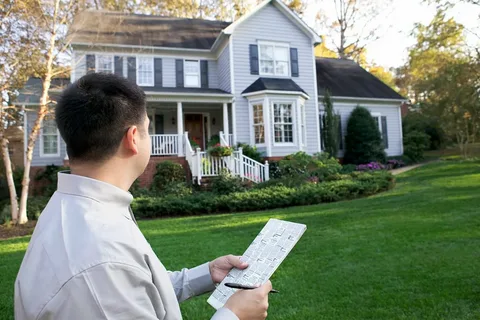In recent years, second hand relocatable homes in NZ have become an increasingly popular housing option for many New Zealanders. These homes offer a flexible and affordable alternative to traditional housing, especially for those looking to downsize, live rurally, or relocate without the hassle of building a new property. This article explores the pros, cons, and important considerations of purchasing second hand relocatable homes in NZ.
What Are Second Hand Relocatable Homes?
Second hand relocatable homes are pre-owned houses that can be moved from one location to another. Unlike fixed homes, these are designed with mobility in mind, often featuring lightweight structures and modular construction. Buyers can purchase these homes and relocate them to a preferred site, saving on the costs and time associated with new builds.
Pros of Second Hand Relocatable Homes in NZ
1. Affordability
One of the most attractive benefits of second hand relocatable homes in NZ is their cost-effectiveness. These homes are usually priced significantly lower than new builds or conventional houses, making them ideal for first-time buyers or those on a tight budget.
2. Flexibility and Mobility
Because these homes are designed to be moved, owners have the freedom to change their living location without needing to buy a new home. This flexibility suits individuals who may need to relocate for work, family, or lifestyle reasons.
3. Reduced Environmental Impact
Buying a second hand relocatable home contributes to sustainability by reducing the demand for new construction materials and minimizing waste. Reusing an existing home is an environmentally friendly choice that aligns with many New Zealanders’ commitment to eco-conscious living.
Cons of Second Hand Relocatable Homes in NZ
1. Potential Structural Issues
Second hand relocatable homes may have wear and tear or hidden damage from previous relocations. It’s important for buyers to conduct thorough inspections and obtain professional advice to avoid costly repairs after purchase.
2. Limited Design Options
Unlike building a new home, second hand relocatable homes come with fixed layouts and designs. While some customization is possible after purchase, the initial design may not meet all the buyer’s needs or aesthetic preferences.
3. Transportation and Setup Costs
Though relocating a home can save on construction costs, moving a second hand relocatable home isn’t free. Transporting, preparing the new site, and setting up the home can add to overall expenses, sometimes making it less economical than anticipated.
Important Considerations Before Buying
Legal and Zoning Requirements
Before purchasing a second hand relocatable home in NZ, ensure that the property complies with local council regulations and zoning laws. Some areas have restrictions on relocatable homes or require specific permits.
Site Preparation
Check that the intended site is suitable for placing a relocatable home, including access for transport vehicles and appropriate foundation options. A poorly prepared site can lead to long-term problems and increased costs.
Quality and Inspection
Engage a qualified building inspector to evaluate the structural integrity and condition of the home. This step helps identify issues like water damage, mold, or electrical problems before committing to the purchase.
Conclusion
Second hand relocatable homes NZ provide an affordable and flexible housing option for many New Zealanders. While they offer benefits such as lower costs and mobility, buyers should carefully consider the potential downsides, including structural concerns and setup expenses. By understanding the pros, cons, and key considerations, you can make an informed decision and find a home that suits your lifestyle and budget.


